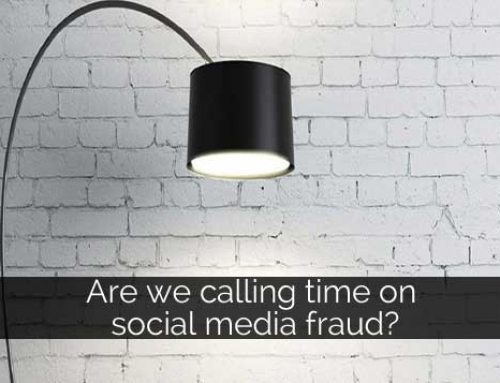A recent article in the (generally excellent) Forbes online has been doing the rounds in our Twitter timeline, giving three reasons for going cold turkey on social media. We’re not really convinced by any of them. So here’s our response to Maureen Henderson’s article (we would Tweet it to her, but presumably she’d never know).
Social Media and self esteem
Firstly, the article argues that using Twitter and Facebook is harmful to your self esteem and general mental health. We’ve written before about the phenomenon of social media boasting, and would agree that it’s not good for anyone – the reader or, ultimately, the writer.
Does it have to be that way, though? Of course not. In fact, social media offers any number of ways to positively improve your self image – either as an individual or as an organisation. Making contact with like minds has got to be the big one, but the ability to share your own creations, whether that be a blog article or a photograph on Flickr, with an appreciative audience is also enormously enriching – and just about impossible to achieve without social media.
This really isn’t about the intrinsic nature of social media, it’s about personal choices and how you use it. If your online social group spend a lot of time boasting about their lucky career breaks or genius children (or your partner company’s Twitter feed is jammed solid with nothing but new client wins and awards), and you’re sensitive to that, then you don’t need to switch off – but you do need to find a new social group which brings you more interesting and positive interactions.
Fight Club
Social media is, apparently, “a hotbed of bad behavior“. Uh, yes. Anyone pop out to the supermarket, or get on the Underground lately?! Not exactly bastions of good manners either, are they…and neither is most of the public world. One of the great things about Twitter is that the relative anonymity allows people to be unusually honest and forthright. And one of the worst things about Twitter is…yes, exactly.
Cyber-arguments with strangers aren’t always futile, though; we’ve seen instances of people actually changing their minds about any number of important issues, philosophical or not, following “discussions” on line – although the reference to Godwin’s Law is all too often relevant. Ultimately, a simple “never read YouTube comments or any part of the Daily Mail website” rule will take care of the worst of it.
Within reason, a good online debate can have all kinds of positive results. It makes you think harder about what you do and why you do it. It helps you articulate your thinking in the simplest possible terms, which can have enormous knock-on benefits next time you need to explain something to a client. Kicking social media into touch and retreating to a little bubble where nobody challenges you isn’t, in the end, going to be beneficial.
Offline is no substitute for online
“Real world” opportunities pass us by while we’re preoccupied with social media, says Ms Henderson. The evidence for this – that only a fraction of job hunters attend offline networking events etc, but 70-80% of job vacancies are never posted. So, the online job seekers are wasting their time on the job sites. That last part may be true, but it’s a non sequiteur anyway, as the major issue is that large proportion of “under the radar” vacancies.
Social media gives you a much greater social reach than the “real world” ever can – there are only so many business events you can go to, only to find that there’s nobody there even remotely connected to your sector. Being well connected on social media gives you a much greater chance of getting to hear about those unadvertised jobs or great contracts.
Like any other way of communicating, everyone has to take responsibility for their choices and the way they use social media. We refer you once again to the old “Twitter is just full of people talking about their lunch” argument: it’s all what you make of it!





Leave A Comment